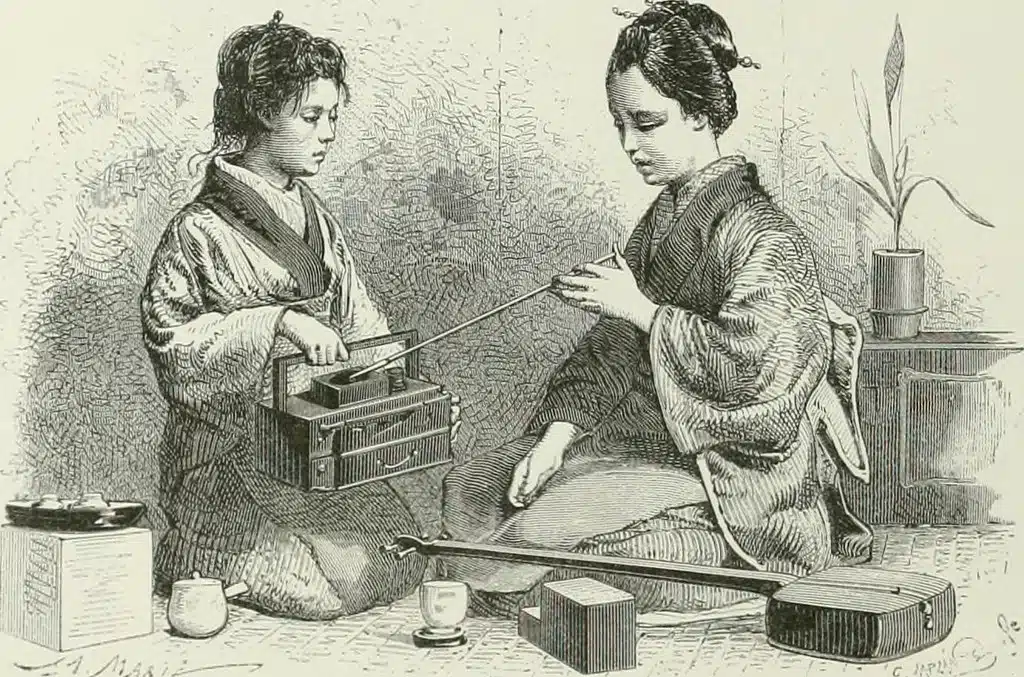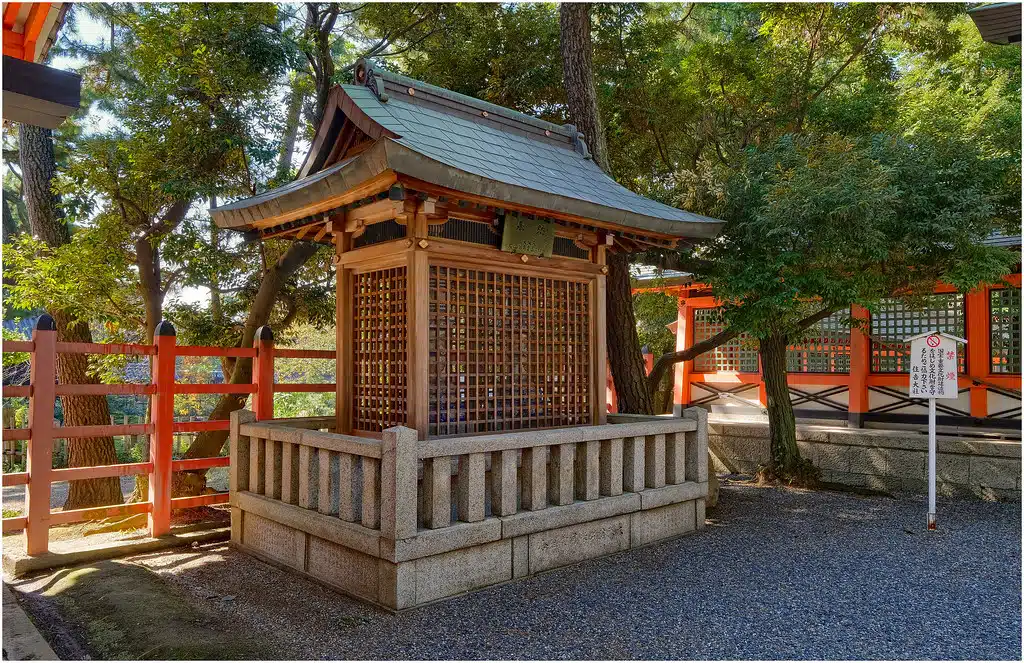Posted inQuestion about Japan
What is work-life like in Japan?
This article explores the unique aspects of work-life in Japan, from its long working hours and corporate culture to its employment system and gender roles. It outlines both the benefits and challenges of working in Japan, including job security, respect for authority figures, team work opportunities, professional development, and a better work/life balance. However, it also highlights some potential difficulties such as language barriers, cultural differences, long working hours, and gender roles. Advice is provided for foreign workers looking to take up employment in Japan to help ensure their experience goes smoothly.







